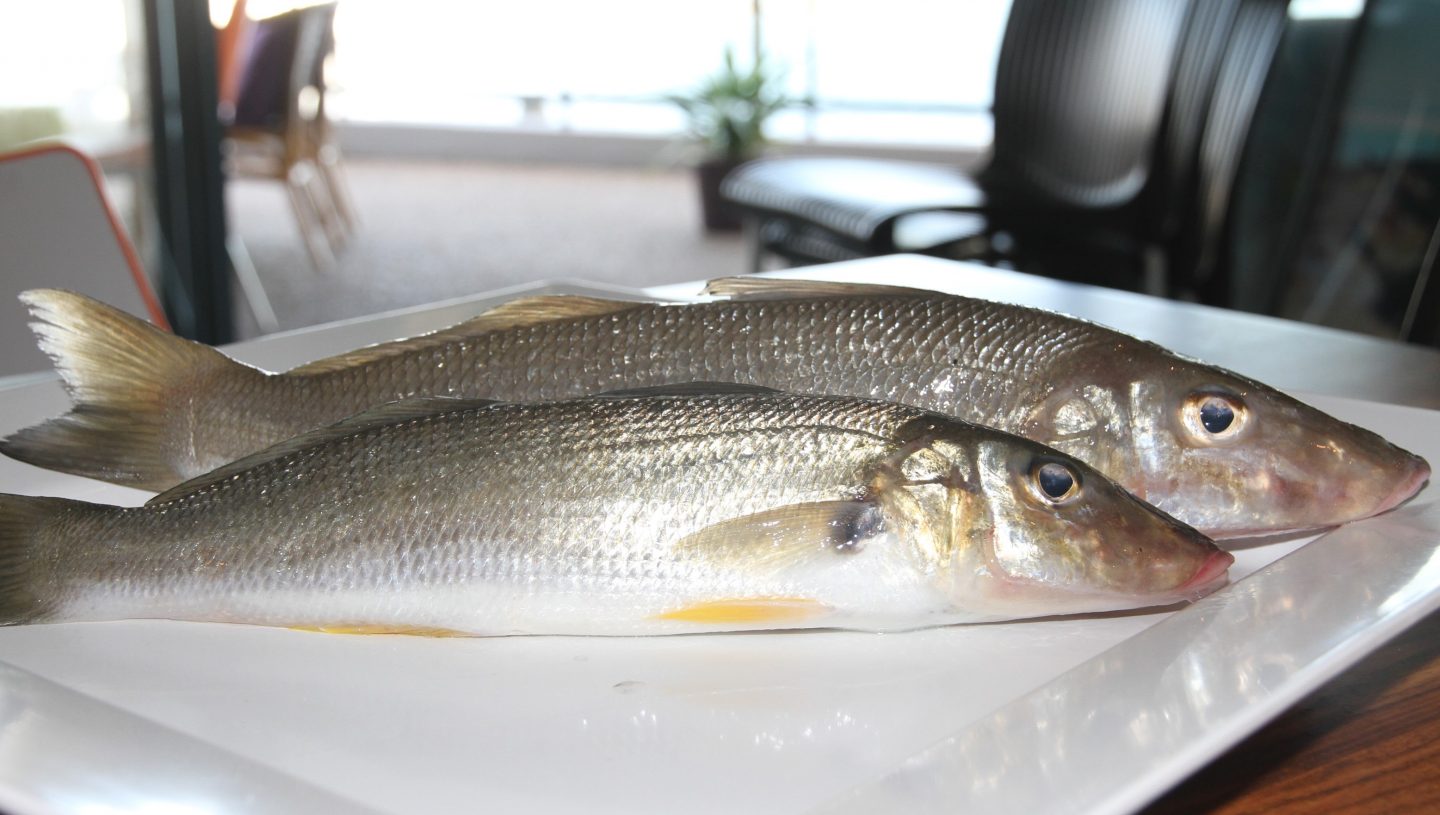Harvest Strategies

All industries face certain challenges that must be overcome to ensure their long-term viability. With a fisheries reform process underway in Queensland it is prudent to understand the context in which the process is taking place and how the stakeholders in the reform process will drastically change the wild harvest fisheries in Queensland.
For the purpose of this article I argue that Queensland recreational fishing groups, environmental, non-government organisations (eNGOS) and government policy will have a long-term, detrimental impact on my industry’s structure and will never truly engage in the development of harvest strategies that may benefit wild harvest fishers. These groups will push for (1) fewer commercial operators, (2) more restrictions on fishing methods and (3) more introduction of net free zones (NFZs) or worse recreational only fishing areas (ROFA).
The Department of Agriculture and Fisheries (DAF) provides a definition of harvest strategies as, ‘framework that specifies pre-determined management actions for a defined species necessary to achieve the agreed ecological, economic and/or social objectives’.
More information on harvest strategies can be found here
The issue facing industry is simple – what constitutes agreement in relation to ecological, economic or social objectives? Reactional groups like Sunfish Queensland and eNGOs positions regarding the management of commercial fishing are clear – fewer operators and the always patronising ‘more profitable’ operators. Perhaps my members would pay more attention if these stakeholders had spent any time commercial fishing, spent time away from family or spent decades developing their fishing methods.
The material provided on the DAF website regarding harvest strategies, at first glance, suggests there will be no change to how wild harvest fisheries might be managed – by scrutinising wild harvest catch rates, attaching vessel monitoring systems (VMS) and through a default position of introducing quota managed fisheries.
A refreshing, alternative approach that the State government could have taken with regard to establishing a solid foundation for harvest strategies:
- Mandatory reporting of catch data by all extractive sectors.
- There is adequate protection for reef spawning through Green Zones; the recreational sector should be restricted at spawning times as they have no cap on catch and do not fish to a total allowable catch.
- That the government develop a real-time reporting/catch application for recreational fishers.
- The introduction of a recreational fishing licence or a short-term recreational fishing permit allowing transparency to identify those who are significantly more active recreational fishers and differentiate between them and those who fish recreationally as infrequently as once per year but who are still included in recreational fishing statistics.
- Compulsory catch reporting is imperative to stock knowledge and vital to the initial determination and subsequent success of any future fishing strategy implementation particularly harvest strategies.
- Bag limit reductions need to be included in any reform of fisheries management. A bag limit reduction should be considered in the net free zones due to concentrated recreational fishing effort.
- All fishing vessels (recreational and commercial) be subjected to surveillance using VMS to help identify illegal activity and monitor catches from both sectors.
I have no doubt the anti-wild harvest eNGOs will push for quota in an attempt to enter our markets, purchase quota and deny fishing families a living. eNGOs will also push for more restrictions on net fishing or as Ms Tooni Mahto labelled them (and I quote) ‘invisible walls of death’ to ensure that we save species of conservation interest.
AMCS article: Saturday 18 November 2017
No wild harvest fisher actively looks to impact on non-target species and actively work to avoid interactions. So instead of ongoing development of netting practice eNGOs favour a precautionary approach – no nets. Despite the fact that net fishing is a legal activity and provides, at least in Queensland, somewhere around 80% of the fish consumers enjoy.
It may not be the government’s intention but the harvest strategy material appears to be written to manage commercial fishing activity alone. The last time I checked the recreational sector alone rivals commercial take but if history is any guide politicians will run a mile if pushed to truly manage recreational take.
Author: Eric Perez, CEO QSIA
Image Credit: M. Fuchs
The content of this post is provided for information purposes only and unless otherwise stated is not formal QSIA policy. The information on these posts are provided on the basis that all persons accessing the information undertake their own responsibility for assessing the relevance and accuracy of it.

